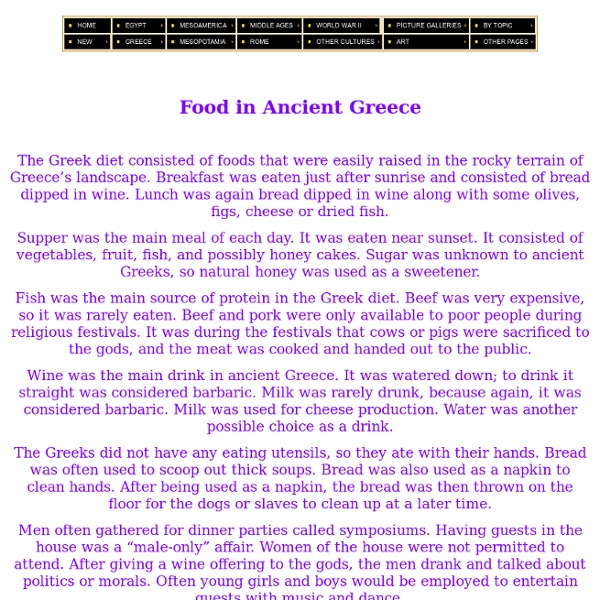Befőzés és tartósítás biztonságosan
Mit is keres a forró üveg a pokróc alatt? Miért olyan nagy baj, ha van egy icipici lyuk az üveg tetején? Hogyan tartósítsam a töltött paprikát vagy a spagetti szószt? Tippek és trükkök a nagyi fortélyain innen és túl. Biztonság mindenek előtt! A befőzés látszólag nem különösebben bonyolult mutatvány, azonban ha nem vesszük komolyan az egyes részműveleteket, akkor akár súlyos ételmérgezéssel is végződhet egy-egy barackbefőttel feldobott téli este. Ne sajnáljuk az időt a forralásra! Kezdő szint: gyümölcsök és lekvárok A viszonylag savas ételek tartósítása a legkönnyebben kivitelezhető és ezáltal legelterjedtebb hazánkban. Száraz dunsztolással: Főzzük meg a gyümölcsöket (lekvárt, paradicsomlevet) a receptben előírt módon és hőfokon, majd a még forró ételt rakjuk üvegekbe, csavarjuk rá a tetőt, és jól bugyoláljuk be őket rongyokba, pokrócokban, régi dunyhákba! Haladóknak: készételek tartósítása A cikk megjelenése a Nemzetgazdasági Minisztérium FV-I-11-D-0007 pályázat keretében valósult meg.
Baked Tomato, Garlic, and Basil Bruschetta Bites
Finger foods are my favorite kind of food—to eat but not to make. That’s because they usually take a bit more work to put together than the full-size versions. Luckily, that’s not the case with these delicious bruschetta bites. They’re bursting with flavor and can be assembled in 15 minutes or less! So, preheat your oven, grab a loaf of your favorite baguette, and get out the cutting board. Bruschetta bites are the perfect edible addition to any gathering, and they’re great to serve at holiday parties. Baked Bruschetta Bites 15 sugar plum tomatoes, diced 12 basil leaves, cut into ribbons 2 garlic cloves, crushed 1 Tbsp. onion powder 1 tsp. olive oil 1 tsp. soy sauce 1 tsp. black pepper 1/2 loaf French baguette, thinly sliced Preheat the oven to 350ºF.In a bowl, combine all the ingredients except the bread and mix well. Makes 4 servings
Konzerv l s h zilag
Lekvárok, dzsemek, zselék Áfonyalekvár Ecetes szilvalekvár Eperlekvár Meggylekvár Sárgabaracklekvár 1. Vörösáfonyalekvár (fojminc) Eperdzsem 1 ... lekvárok, dzsemek ... Konzerválás télen Fokhagymabefõtt Fokhagymaolaj Fokhagyma vörösborecetben Olajban eltett fokhagyma Olajban eltett fokhagyma és peperoncino Taiföldi elrakott fokhagyma Citrom-vodka befõtt Mandarinfelek vörösborban Aszalt gyümölccsel töltött pulykamell Mandulás szilvás baconsnack Szalonnás aszalt szilva (Ciruelas con tocino) .. konzerválás télen .. Készételek konzerválása Báránygulyás tartósítvaCsikóstokány üvegbenKörömpörkölt üvegbenSertéspörkölt üvegbenPacalpörkölt üvegbenBabos "vega" krémRizses lecsó kolbásszal üvegbenVadas üvegbenSólet üvegbenÜveges töltött paprikaSózott marhahús (Corned beef)Sózott sertéshús (Corned pork)Húsleves üvegbenRakott káposzta üvegbenSzékelykáposzta üvegben A tisztaság Általános tartósítási tudnivalók: - Csakis makulátlan, egészséges nyersanyagok használj! A sterilizálás módjai 1. 3. 4. 5. - A kedvencekhez Vízfürdõ
Nutella Mug Cake | Family Kitchen - StumbleUpon
Bring Your Child's Favorite Characters to Life with These Disney-Themed Lunches Healthy Mickey-Shaped PB&J Muffins: A Breakfast the Whole Family with Love A Yummy Instant Pot Chicken and Rice Recipe Even the Pickiest Eaters Will Love This 3-Ingredient Coffee Fudge Is the Best Morning Pick-Me-Up
Élelmiszer-tartósítás
Az élelmiszer-tartósítás célja a minőségmegőrzés. A mikroorganizmusok (penészek, gombák) elszaporodásához megfelelő hőmérséklet és víz szükséges. A károsítást a mikroorganizmusok salakanyaga végzi (toxin). A só és a cukor megköti a vizet, ezzel tartósít. A víz kivonásával is lehet tartósítani: kávé – nescafé, tej – tejpor, tejsűrítmény, gabona – gabonapehely Az érett hús savas kémhatású, a romlott hús nyálkás, lúgos, színe szivárványos. Alkalmazott módszerek[szerkesztés | forrásszöveg szerkesztése] Fizikai tartósítás[szerkesztés | forrásszöveg szerkesztése] Szárítás, aszalás[szerkesztés | forrásszöveg szerkesztése] A fizikai tartósítás lényege, hogy az adott élelmiszert tartósítószer nélkül tároljuk. Majdnem mindegyik hazai gyümölcsünk és gombánk tartósítható aszalással[1], a szakszerűen aszalt gyümölcsök megőrzik az eredeti gyümölcs szinte valamennyi értékét. Hűtés, fagyasztás[szerkesztés | forrásszöveg szerkesztése] Hűtésről beszélünk, ha az adott élelmiszert 0 és 8 °C között tároljuk.



